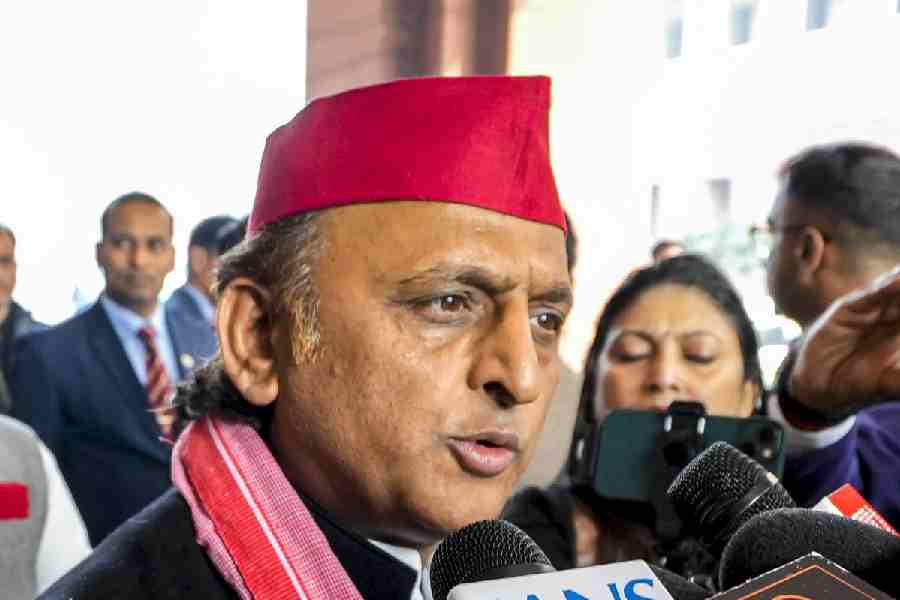New Delhi, Dec. 28: Putting his weight behind the reforms in higher education recommended by the University Grants Commission, Prime Minister Atal Bihari Vajpayee today said his government is ready to amend its rules to make India an “attractive destination” for foreign students.
Speaking on the occasion of the UGC’s golden jubilee, Vajpayee said: “Why should we not make India an attractive destination for the large number of foreign students from developing and developed countries? This will bring numerous benefits to our country. The government is prepared to introduce necessary changes in its rules and regulations to achieve this purpose.
“Last year, 68,000 Indian students left the country to study in US universities — a number that surpasses the number of Chinese students in the US. This means there is an enormous outflow of foreign exchange from our country on account of so many students going abroad for higher studies.”
Earlier, students from neighbouring countries would flock to India for higher studies. The number of students coming to the country has since declined due to several factors.
This includes the changeover to the 10-plus-2 system in 1978, which required foreign students to do an extra year of schooling in India, the limited number of seats in institutions of higher learning and hostels for students from Saarc countries, Saarc students being given less preference, red tape involving the ministry of external affairs, their insistence that the students even from the neighbouring countries pay their fees in dollars.
As a result, students from Nepal have even preferred to go to Pakistan to study engineering and medicine, something that would have been unthinkable a couple of decades ago.
However, it is not known what constraints the government wants to remove to make India an attractive destination for higher education.
UGC authorities are stressing on the need to overhaul and reform the higher education sector. UGC chairperson Arun Nigavekar has said India needs to brace itself for new developments that will follow after April 2003, when Gatt will come into effect in the service sector as well.
Once Gatt is operationalised in the service sector, foreign universities will be able to set up their branches across India. Nigavekar said this would mean stiff competition for Indian universities, which will have to improve their quality of education.
The Prime Minister in his speech backed almost all recommendations made by the UGC.
Vajpayee came out strongly in favour of raising college fees, hiring managers and professionals outside the formal academic system as part-time teachers and leasing physical infrastructure of government-funded institutions to private institutions.
Vajpayee only stopped short of advocating the UGC’s controversial proposal for contract appointment of teachers that has raised the hackles of the entire teaching community.
Underlining the significance of public-private partnership, the Prime Minister said: “To offset the big gap in competent and qualified teachers, can we not enable managers and professionals outside the formal academic system to work as part-time teachers?”
He also suggested that the infrastructure of government-run or government-funded colleges be leased to private educational institutions so that they can run a second shift to impart training in specialised skills and services.
Touching on another sensitive issue — hike in college fees — Vajpayee said: “It baffles me that the Central and state governments subsidise higher education even for those students who spend more on private tuition and pocket money than on their college fees.”
Pointing out that higher and professional education must be affordable to all sections of the society, Vajpayee said there was a need for more merit-cum-means scholarships.
“If we cannot make the rich pay fair value for education, how can we make it widely available to the poor?” asked the Prime Minister.
He ticked off teachers for not “setting high standards”. “If teachers do not show a sense of purpose and commitment, if they do not demand high standards for the pursuit of academic excellence, how can they expect students to behave differently?” Vajpayee asked.
Pointing out that quality education is not merely a product of resources, the Prime Minister said it depends equally on the attitude of teachers and students.










